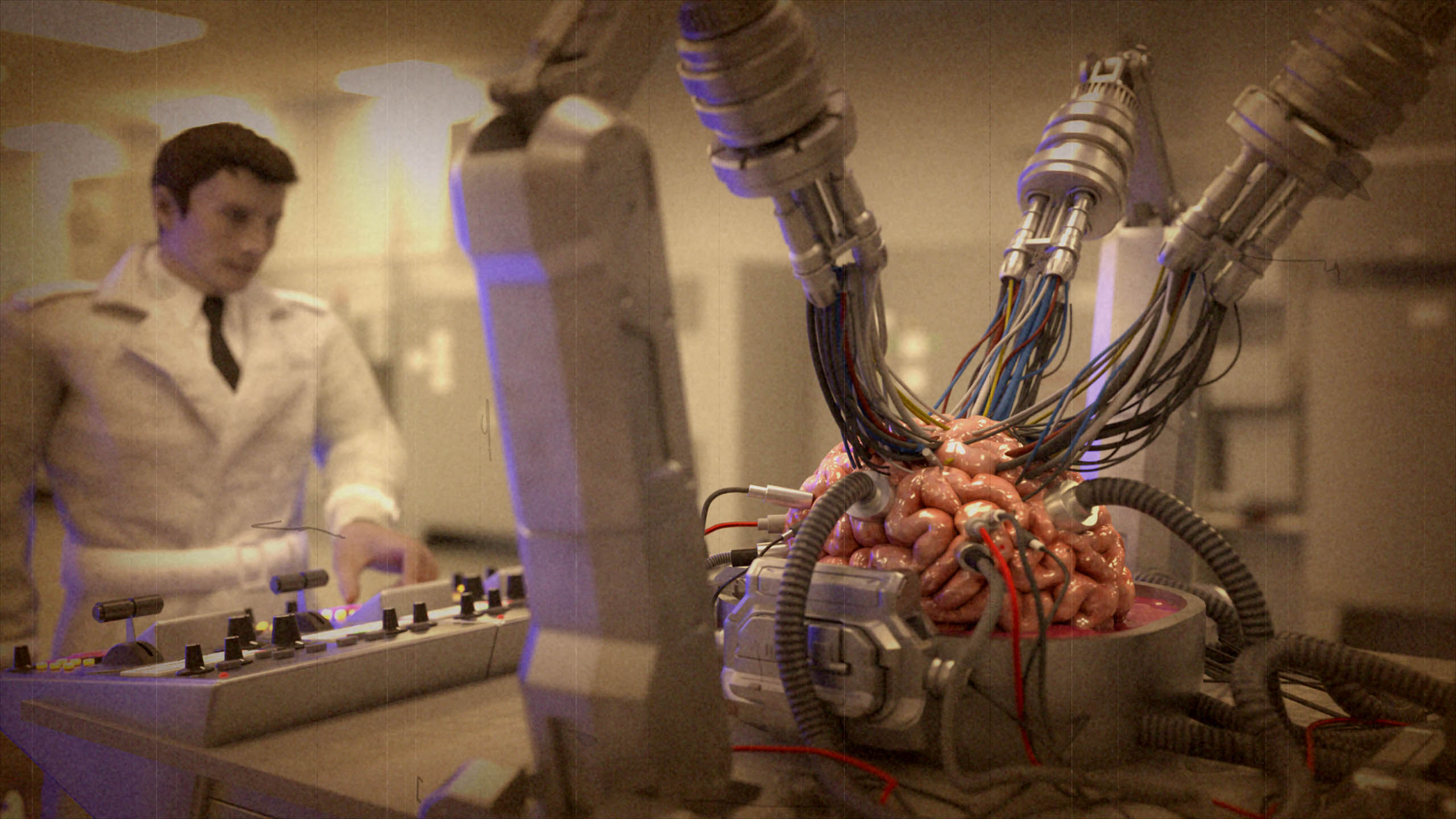
A Glitch in the Matrix makes a deep dive into the concept of “simulation theory” and whether or not the theory goes beyond sci-fi.
What filmmaker Rodney Ascher seeks do to with the film is explore this concept of “simulation theory.” This theory holds that what we believe to be our reality might actually be a cover for something else. Is there something legitimate here or is the idea way out there? The average person probably knows the theory from science-fiction books and films. It turns out that scientists and philosophers actually take the idea seriously. Unbelievable, right?
Behind the camera, Asher certainly puts in the research. If you’re familiar with The Matrix, eXistenZ, The Truman Show, or Groundhog Day, you’ve taken the first steps into a bigger universe. Or something like it. But really, the theory is as old as Plato himself. Beyond the films, you can find the theory being expressed in everyday activities such as psychology. More recently, you can see the theory being espoused by the late Philip K. Dick, who appears via video taped in 1977. While more people might be talking or writing about it today, Dick was among the first to do so.
There are some moments in the film we don’t expect coming. One includes a convicted murderer who is obsessed with The Matrix. I’m going to be honest. This scene really uncomfortable. Moreover, it should come with a content warning. Feel free to look away!
The Wachowskis intended The Matrix franchise to be a metaphor for their transgender identities. Being transgender myself, I do not think of living my life in some sort of warped reality. This is my reality and it is the only reality that I know. If there is any glitch at all, it is the fact that I was born with the wrong body parts. While there are some people out there that take this concept of simulation theory seriously, I am not one of them.
While Ascher turns to Skype for the interviews, the film takes things a step further. Instead of letting us see their faces, Ascher turned it over to artist Chris Burnham to design their avatars. I certainly did not expect this at all. But on the other hand, it gives the film’s interview subjects a sense of anonymity. Rather than let us see their faces and bodies, we see something out of a fantasy or sci-fi film instead. Listen, there’s a reason A Glitch in the Matrix is playing the midnight section rather than a documentary or premieres section. This is a midnight film in every sense of the definition.
DIRECTOR: Rodney Ascher



